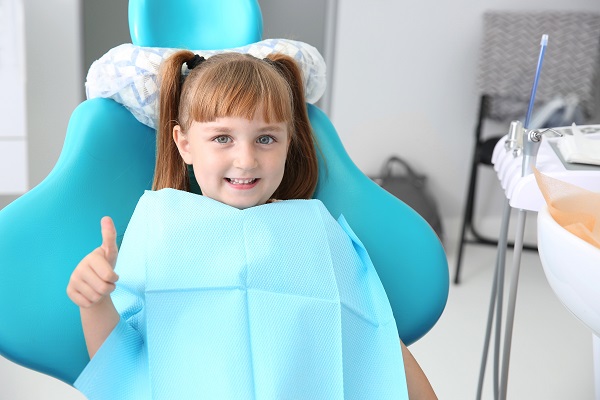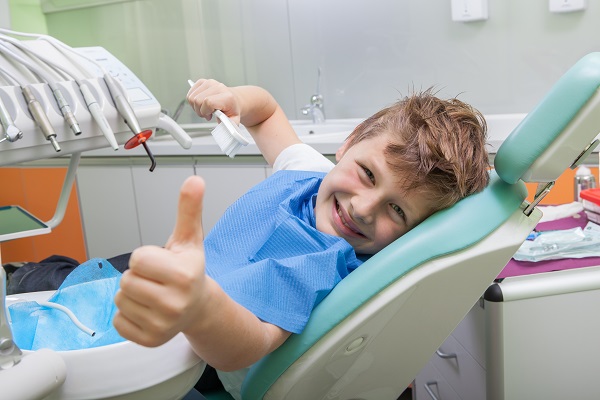A Pediatric Dentist Shares Common Causes of Child Teeth Sensitivity

Teeth sensitivity is a common problem for many adults, but a
pediatric dentist is also likely to have many patients who experience this issue. Understanding what causes childhood teeth sensitivity is vital for establishing an effective treatment protocol.
What is teeth sensitivity?
Teeth sensitivity describes sharp pain, tingling, and other discomfort brought on by contact with hot or cold substances or air. It often occurs when a tooth's outer enamel layer wears away, exposing the underlying nerves. Uncomfortable sensations are fleeting and usually disappear upon removal of the aggravating stimulus, such as food and beverages.
What causes teeth sensitivity in children?
A pediatric dentist may treat many young patients for teeth sensitivity. The condition can occur due to various factors involving oral hygiene, natural anatomy, or medical conditions.
Poor brushing technique
Primary teeth and permanent teeth are subject to the same consequences of improper brushing. Children who brush too aggressively may wear away the outer layer of enamel, resulting in teeth sensitivity. Teaching children to brush gently with a soft-bristled toothbrush from the earliest possible age helps them avoid developing bad habits.
Hairline cracks
Visually imperceptible cracks on teeth can occur when young children chew on things other than food. Misusing the mouth as a tool to break or tear containers or packages can damage teeth in ways that lead to extreme sensitivity. Biting down on hard candy can also result in teeth cracks.
Grinding teeth
Bruxism can cause a tooth's outer layer to wear away and even cause a tooth to crack. It can also cause unnatural shifting of teeth that can adversely affect the bite. Any of these circumstances may lead to painful sensations in a child's teeth.
Sinus problems
Inflamed sinus tissue near the roof of the mouth can lead to discomfort that seems to emanate from the mouth as teeth sensitivity. Children with frequent sinus infections may report pain upon chewing that requires a dental examination to rule out tooth damage.
Cavities
A pediatric dentist is likely to discover that tooth decay is the cause of most patients' sensitive teeth. Cavities, or holes in the teeth, can be a consequence of poor oral hygiene or medical conditions. Cavities that increase in size can cause worsening pain and sensitivity.
Amalgam fillings
Children sometimes experience sensitivity in teeth with cavities that a dentist used amalgam fillings to seal. The metallic composition of these fillings is highly durable, but it can efficiently conduct heat, leading to sensitivity when eating hot foods.
Emerging permanent teeth
As permanent teeth break through the gums and contact extreme temperatures or air that flows around them, pain and sensitivity can occur. A child's teeth usually adjust to these exposures shortly after emerging fully.
Conclusion
Young children are prone to teeth sensitivity for the same reasons that adults may experience the condition or for reasons that are specific to childhood. A pediatric dentist who sees young patients for teeth sensitivity must first explore its root cause before determining an effective treatment to ease the discomfort.
Request an appointment here: https://camelbackpedoortho.com or call Camelback Pediatric Dentistry & Orthodontics at (602) 595-3531 for an appointment in our Phoenix office.Check out what others are saying about our dental services on Yelp:
Pediatric Dentist in Phoenix, AZ.




